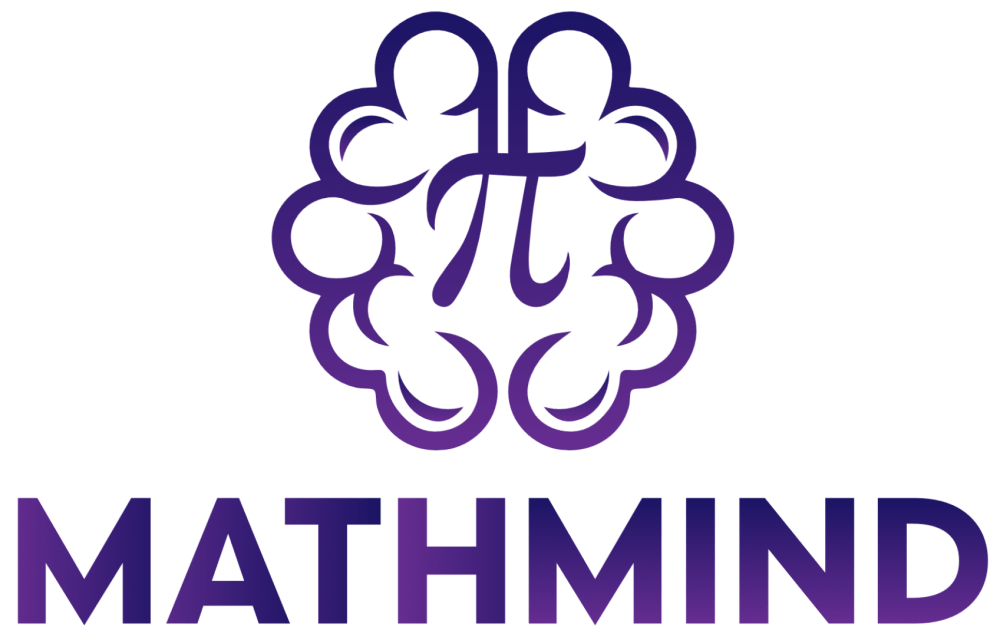Programmes
KS2 (11+)
Building Strong Foundations for Academic Success
The transition to secondary education is a crucial time for young learners. Our KS2 programme focuses on developing core skills in maths, ensuring that students are well-prepared for the 11+ exams and the challenges of the next stage. Through engaging lessons and personalised attention, we help students build confidence and a strong foundation that will support their future academic achievements.

Summary of 11+ Maths Exam Topics for UK Students
Numeracy and Number Skills
- Arithmetic: Basic operations (addition, subtraction, multiplication, division), fractions, decimals, percentages.
- Number Properties: Prime numbers, factors, multiples, squares, cubes, and sequences.
- Place Value: Understanding the value of digits in numbers and working with large numbers.
Algebra
- Basic Algebra: Understanding and using simple algebraic expressions, solving linear equations, substitution, and simplifying expressions.
- Patterns and Sequences: Recognizing and continuing patterns, understanding the rules governing sequences.
Geometry and Measures
- Shapes: Properties of 2D and 3D shapes, symmetry, area, perimeter, volume, and surface area.
- Angles: Calculating angles, understanding different types of angles, angles in shapes.
- Measurement: Units of measurement, converting between units, using rulers and protractors.
Data Handling and Probability
- Statistics: Reading and interpreting data from charts, tables, and graphs.
- Averages: Mean, median, mode, and range.
- Probability: Basic probability concepts, simple experiments, and outcomes.
Problem-Solving
- Word Problems: Applying mathematical knowledge to solve real-world problems, multi-step problems.
- Logical Reasoning: Understanding and applying logical sequences, spotting patterns, and solving puzzles.
How a Maths Tutoring Business Can Support 11+ Students
Personalised Learning Plans
- Assessment and Diagnosis: Start with an initial assessment to identify each student’s strengths and weaknesses. This helps to tailor the lessons to focus on areas where the student needs the most improvement.
- Targeted Practice: Create personalised practice materials and homework that align with the student’s learning pace and specific needs.
Resource Development
- Customised Worksheets: Develop worksheets and exercises that focus on individual topics, ensuring that students master each area before moving on.
- Interactive Learning Tools: Use online platforms and tools that allow students to engage with the material in a more interactive way, like games, quizzes, and interactive exercises.
- Past Papers and Mock Exams: Provide practice with past exam papers and timed mock exams to help students become familiar with the exam format and time management.
Building Cognitive Skills
- Critical Thinking Exercises: Incorporate activities that challenge students to think critically and solve problems using logic and reasoning, which are essential for success in the 11+ exams.
- Memory and Recall Techniques: Teach students memory aids and techniques to help them recall formulas, rules, and mathematical concepts during the exam.
- Developing Speed and Accuracy: Through regular timed practice sessions, help students improve their speed and accuracy, essential for the timed nature of the 11+ exams.
Regular Feedback and Adaptation
- Progress Reports: Provide regular feedback to students and parents about the student’s progress, highlighting areas of improvement and areas of strength.
- Adaptive Learning Strategies: Adjust the tutoring approach based on ongoing assessments, ensuring that the student remains challenged but not overwhelmed.
Building Confidence
- Positive Reinforcement: Encourage and motivate students by celebrating their progress and achievements, which builds their confidence and reduces exam anxiety.
- Exam Strategies and Stress Management: Teach strategies for managing exam stress, such as relaxation techniques, and how to approach different types of exam questions effectively.
